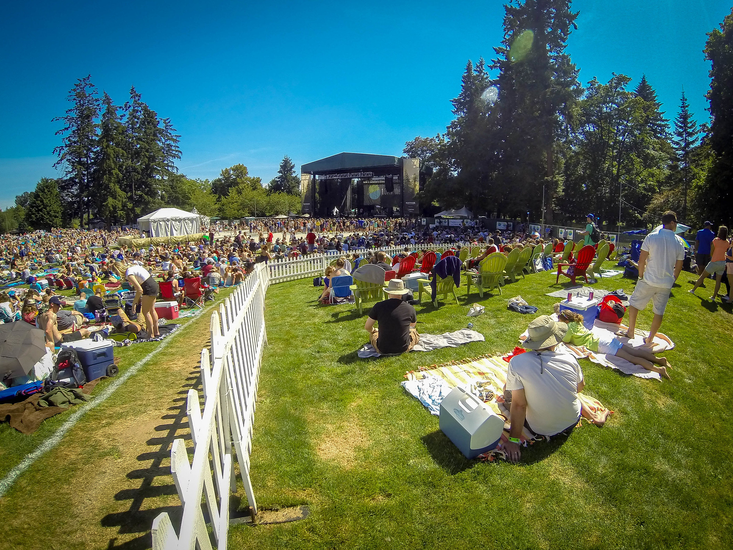Getting Older, Staying Younger
Getting older is a challenge — but how you age depends on what you do. And even if you’re living on a fixed income, there are ways that you can keep yourself feeling younger, which can improve your quality of life.
Read on for the 20 top ways to age — while you’re living on a budget.





























